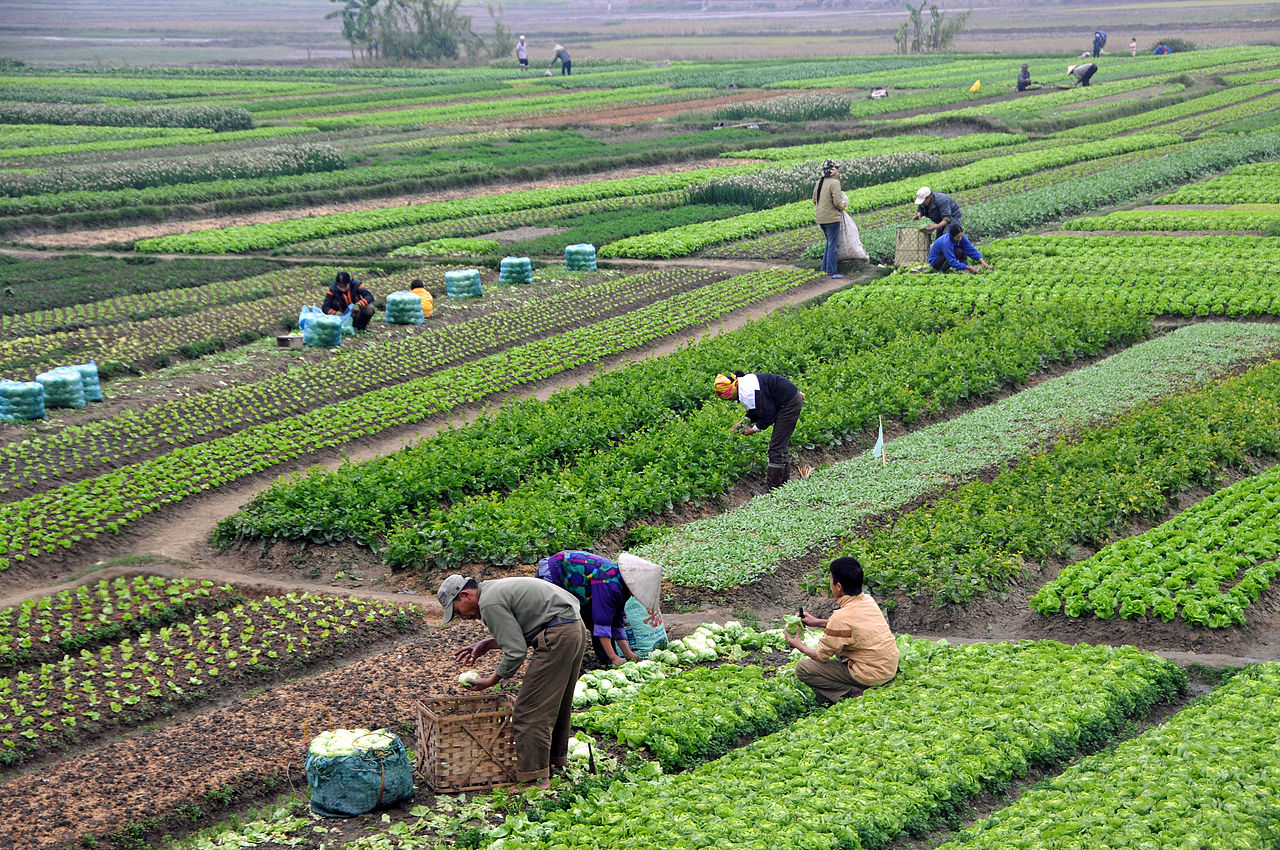News Highlights
Andhra Pradesh has rejoined the crop insurance scheme Pradhan Mantri Fasal Bima Yojana after having opted out in 2019-20.
Andhra Pradesh: Mentioned Reasons for opted-out
- The scheme should be voluntary
- States should be given options to choose risk
- The scheme should be universal, and the cut-off date for enrollment should be flexible state should be given the option to use their database of E-crop, an application used by the AP government to collect information about crops
Other five states opted-out
- The Union government is also reaching out to the five other states—Bihar, Jharkhand, Gujarat, Telangana and West Bengal—to bring them back on board to implement this crop insurance scheme
- These six states had implemented the PMFBY initially.
- But they opted out at different times in the last four years for different reasons.
Pradhan Manthri Fasal Bima Yojana
- A flagship scheme of the Government of India, PMFBY insures farmers against all non-preventable natural risks from pre-sowing to post-harvest.
- Launched in the 2016 kharif season
- Objectives
- To provide insurance coverage and financial support to the farmers in the event of failure of any of the notified crops as a result of natural calamities, pests & diseases.
- To stabilize the income of farmers to ensure their continuance in farming.
- To encourage farmers to adopt innovative and modern agricultural practices.
- To ensure the flow of credit to the agriculture sector.
- Premium Payment
- Farmers have to pay a maximum of
- 2 percent of the total premium of the insured amount for kharif crops
- 1.5 percent for rabi food crops and oilseeds
- 5 per cent for commercial / horticultural crops.
- The balance premium is shared by the Union and state governments on a 50:50 basis and on a 90:10 basis in the case of northeastern states.
- Farmers have to pay a maximum of
- Coverage of Crops
- 1)Food crops (Cereals, Millets and Pulses)
- 2) Oilseeds
- 3) Annual Commercial / Annual Horticultural crops
- Risk Covered
- Yield Losses (standing crops, on a notified area basis)
- Yield losses due to non-preventable risks, such as Natural Fire and Storm, Lightning, Cyclone, Hailstorm, Tempest, Typhoon, Tornado, and, hurricanes.
- Prevention of Sowing: If the majority of insured farmers are unable to sow due to adverse weather conditions and have incurred costs for sowing.
- Risks due to Flood, Inundation, and Landslide.
- Drought, Dry spells, and Pests/ Diseases also will be covered
- Post-harvest losses
- Localized issues are also covered.
- Yield Losses (standing crops, on a notified area basis)
Revamped Pradhan Mantri Fasal Bima Yojana (PMFBY)
- Initially, the scheme was compulsory for loanee farmers; in 2020, the Centre revised it to make it optional for all farmers.
- Now states and UTs are free to extend additional subsidies over and above the normal subsidy from their budgets.
- In 2020, the Centre decided to restrict its premium subsidy to 30% for unirrigated areas and 25% for irrigated areas (from the existing unlimited).
- Earlier, there was no upper limit for the central subsidy.
- Insurance companies have to now spend 0.5% of the total premium collected on Information, Education And Communication (IEC) activities.
Content Source: Indian Express



